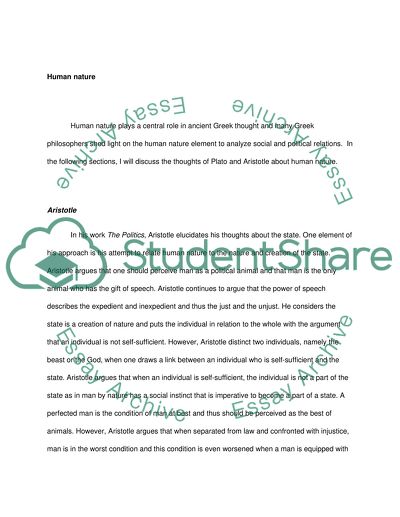Cite this document
(“Theories of International Politics Book Report/Review”, n.d.)
Theories of International Politics Book Report/Review. Retrieved from https://studentshare.org/miscellaneous/1513407-theories-of-international-politics
Theories of International Politics Book Report/Review. Retrieved from https://studentshare.org/miscellaneous/1513407-theories-of-international-politics
(Theories of International Politics Book Report/Review)
Theories of International Politics Book Report/Review. https://studentshare.org/miscellaneous/1513407-theories-of-international-politics.
Theories of International Politics Book Report/Review. https://studentshare.org/miscellaneous/1513407-theories-of-international-politics.
“Theories of International Politics Book Report/Review”, n.d. https://studentshare.org/miscellaneous/1513407-theories-of-international-politics.


